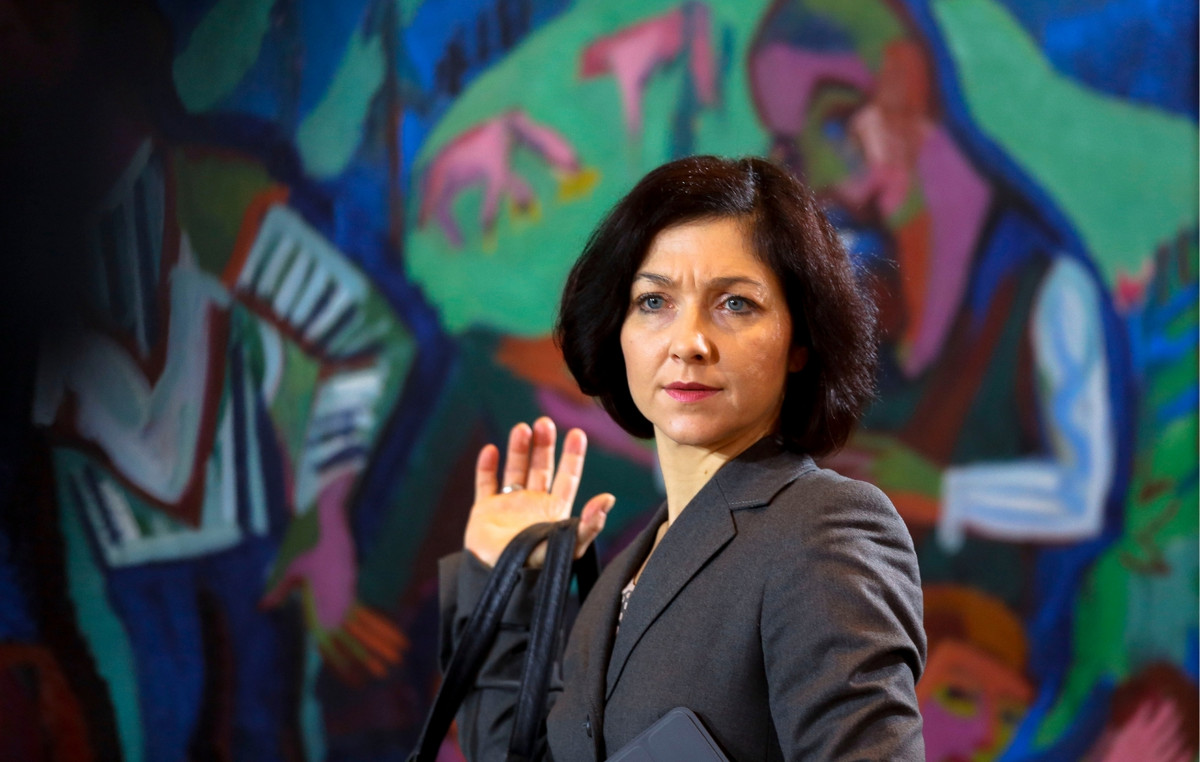Dictionaries are not always impartial and impartial tools, as imagined. 3rd year high school student Franciele de Souza Meira, aged 17, came to this conclusion from scientific initiation research in which she analyzed the definitions of the words “negro” and “preto” in 17 dictionaries from the most varied eras. . Most of them contained pejorative definitions.
The research earned him the first place prize in the Human Sciences category at the Brazilian Science and Engineering Fair (Febrace) 2024, after competing with 43 finalist projects at the scientific initiation fair for young people.
The idea for the study came from the student's interest in social issues, who has history and sociology as her favorite subjects. “I really like the Social Sciences part and I am a person who is in the black community. I wanted to study whatever had intertwined with me,” she says.
So, she thought about analyzing how black individuals are portrayed historically. She even considered analyzing chronicles or classic Brazilian literature, but her teacher suggested studying dictionaries. “For a long time, the dictionary was seen as indisputable. If you are writing a thesis, you will use the dictionary to see if the word you are using is correct in that context. If it’s there (in the dictionary), that’s it”, he says.
However, research has shown that even dictionaries, considered to be impartial and always correct definitions, can be racist.
“We have to have an idea that the things that are placed in dictionaries represent an idea of society, so they will show the definitions that are used for that society at that time”, explains Franciele. “And at that time, black people were seen as inferior, as less human.”
To reach these conclusions, the student classified the dictionaries whose definitions of the words “negro” and “preto” were objective, and those in which they had pejorative references. Some of the definitions referred to black or black people as: “soulless individual”, “marketable individual” or placed them as a synonym for slave.
There are still those who associate it with hard work, objects, bad customs or actions or the slavery period.
Franciele's hypothesis that dictionaries had bias was proven, but even the student was surprised to realize that this was not restricted to those published in ancient periods. Many current dictionaries continue to carry racist definitions.
“I didn’t expect that this would be shown throughout the 20th century and that this discourse would continue in the 21st century. In 2011, this relationship between black individuals and slavery was still mentioned. Black women were considered slaves, women in captivity”, says the student.
She further explains that the definitions made historical references or stated that there could be a figurative or pejorative meaning.
For Franciele, the biggest learning was to be more critical with speeches. “I learned a new methodology for how to see speech.”
For professor José Vicente, rector of Universidade Zumbi dos Palmares, the example given by Franciele in his research can serve as a tool for social awareness of how speech already implicitly brings value judgments that translate “a totally inadequate, undue, unjustified perception and unfair on part of the Brazilian population”.
“Thus, young people, in addition to having elements to carry out this analysis, will also be able to encourage adults to look into this issue and help to make this transformation so that people are not so attacked and harassed by a bias of judgment that is embedded in a discourse of prejudice and racial discrimination”, he states.
Source: CNN Brasil
I’m James Harper, a highly experienced and accomplished news writer for World Stock Market. I have been writing in the Politics section of the website for over five years, providing readers with up-to-date and insightful information about current events in politics. My work is widely read and respected by many industry professionals as well as laymen.







